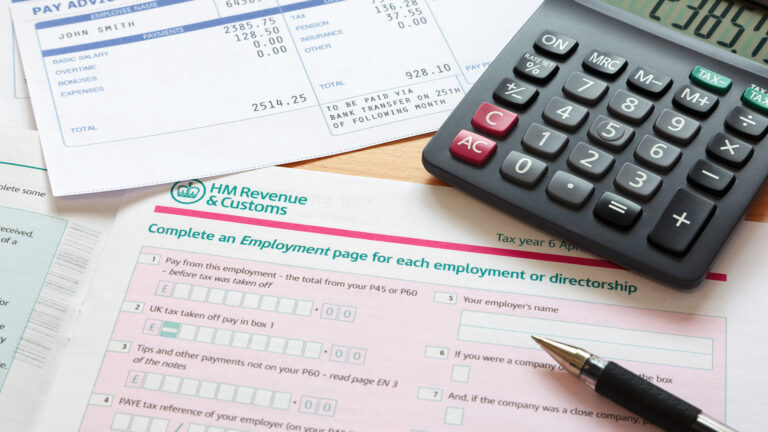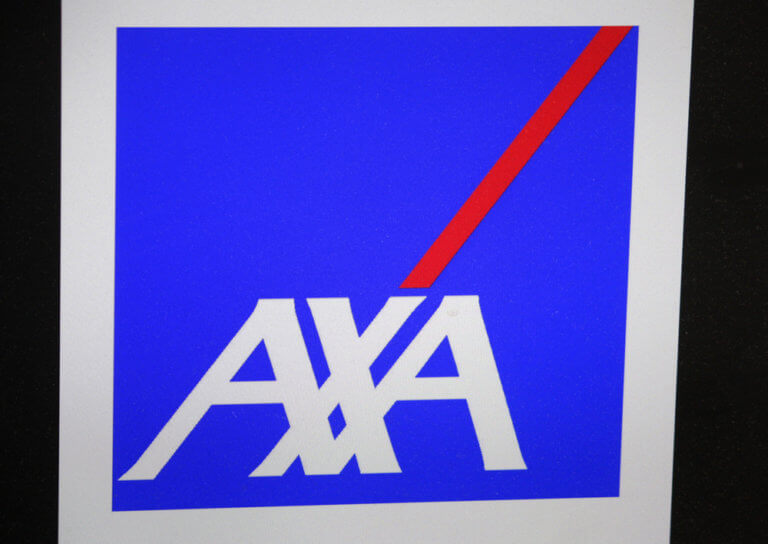A new pulse survey from Aon Hewitt, the global talent, retirement and health solutions business of Aon plc (NYSE: AON), reveals that a significant number of U.S. employers are taking immediate steps to avoid triggering the excise tax on high cost health plans when it goes into effect in 2018.
Aon Hewitt’s soon-to-be-released survey of 317 U.S. employers found that 40 percent expect the excise tax to affect at least one of their current health plans in 2018 and 14 percent expect it to immediately impact the majority of their current health benefit plans. Surprisingly, a quarter of employers said they still have not yet determined the impact of the tax on their health plans, and more than one-third reported that their executive leadership and finance teams have limited or no knowledge of the implications of the tax for their organizations.
Of those employers that have determined the impact, 62 percent say they are making significant changes to their health plans for 2015:
- One-third (33 percent) are reducing the richness of their plan designs through higher out-of-pocket costs, including 10 percent that say they will eliminate high-cost, rich design options
- 31 percent are increasing the use of wellness incentives in their plans
- 14 percent are evaluating private exchange options for pre- and post-65 retirees, while 7 percent are considering private exchanges for active employees
- 14 percent are significantly reducing spousal eligibility or subsidies through mandates or surcharges
- 5 percent are implementing narrow/high performance provider networks
“While the excise tax provision of the Affordable Care Act doesn’t go into effect until 2018, it is accelerating the pace of change for U.S. employers,” noted Jim Winkler, chief innovation officer forAon Hewitt’s Health business. “Over the next few years, employers expect to use both traditional and innovative tactics to make substantive changes to their health plans to minimize their exposure to the tax and put them on a path to lower rates of health care cost increases.”
Looking Ahead
Due to medical costs expected to rise more rapidly than the tax thresholds in the future, 68 percent of the employers Aon Hewitt surveyed expect the excise tax to affect at least one or the majority of their current health plans by 2023. When asked about future actions they are likely to consider in order to minimize their exposure to the tax, the vast majority (79 percent) expect to reduce plan design richness through higher out-of-pocket member share. More than 40 percent of employers say they are likely or highly likely to adopt cost control strategies, such as reference-based pricing and narrow provider networks.
Other strategies employers are likely or highly likely to consider include:
Restructuring coverage tiers to align with tax threshold ratios (37 percent)
Limiting FSA, HSA and/or HRA contributions counted against thresholds (31 percent)
Limiting buy-up options for employees (26 percent)
Moving to a private health exchange (16 percent)
Employer Views on the Excise Tax
Aon Hewitt’s survey revealed that an overwhelming majority of employers—88 percent—favor repeal of the excise tax. However, just 12 percent of employers say they have taken public actions, either directly or through a third-party industry organization—to express opposition to the tax.
That said, just 2 percent of employers said they are likely or highly likely to consider eliminating employer-sponsored health care coverage as a strategy for minimizing their exposure to the tax.
“While employers are continuing to make short and long-term changes to their health plans in anticipation of the excise tax, our data suggests that most would like to see the tax repealed,” notedJ.D. Piro, Aon Hewitt’s health care legal practice leader. “However the presence of the tax is not likely to deter the majority of employers from continuing to sponsor health benefits over the next 10 years.”
























